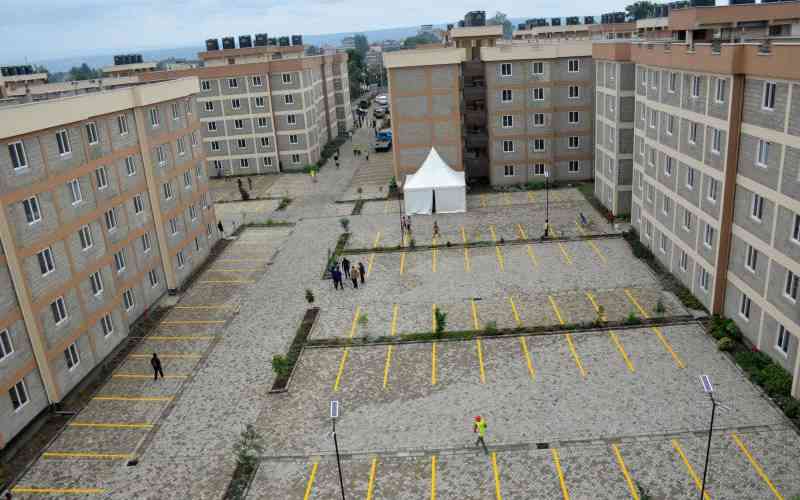×
The Standard e-Paper
Stay Informed, Even Offline

The Finance Bill 2024 has proposed the deletion of Section 54 of the Affordable Housing Act, 2024, which will now streamline the disposal of units acquired through the state-funded programme.
The section proposed for deletion contains the restrictions on how one can sell a unit acquired through the Affordable Housing Programme.